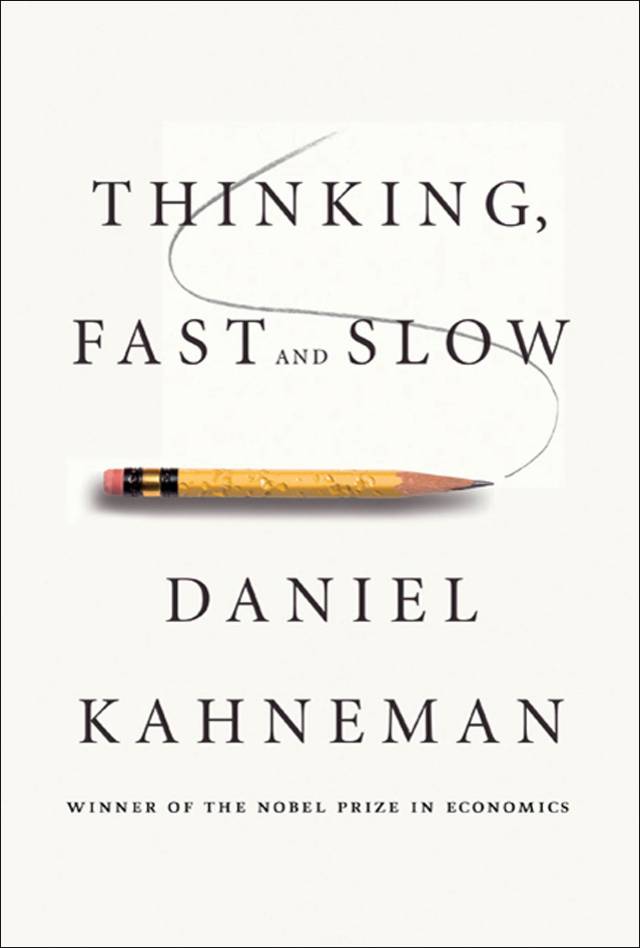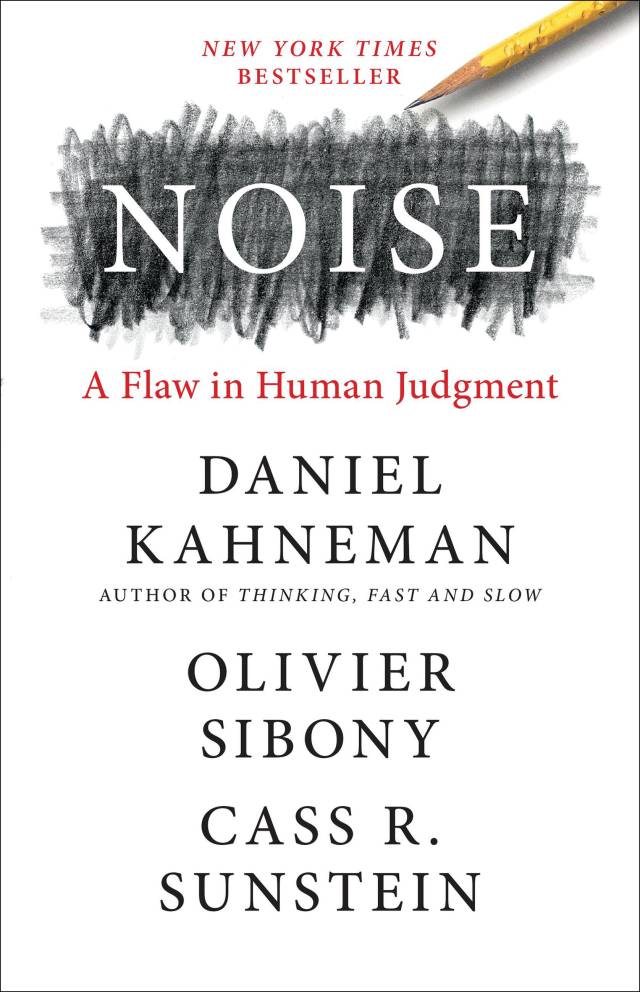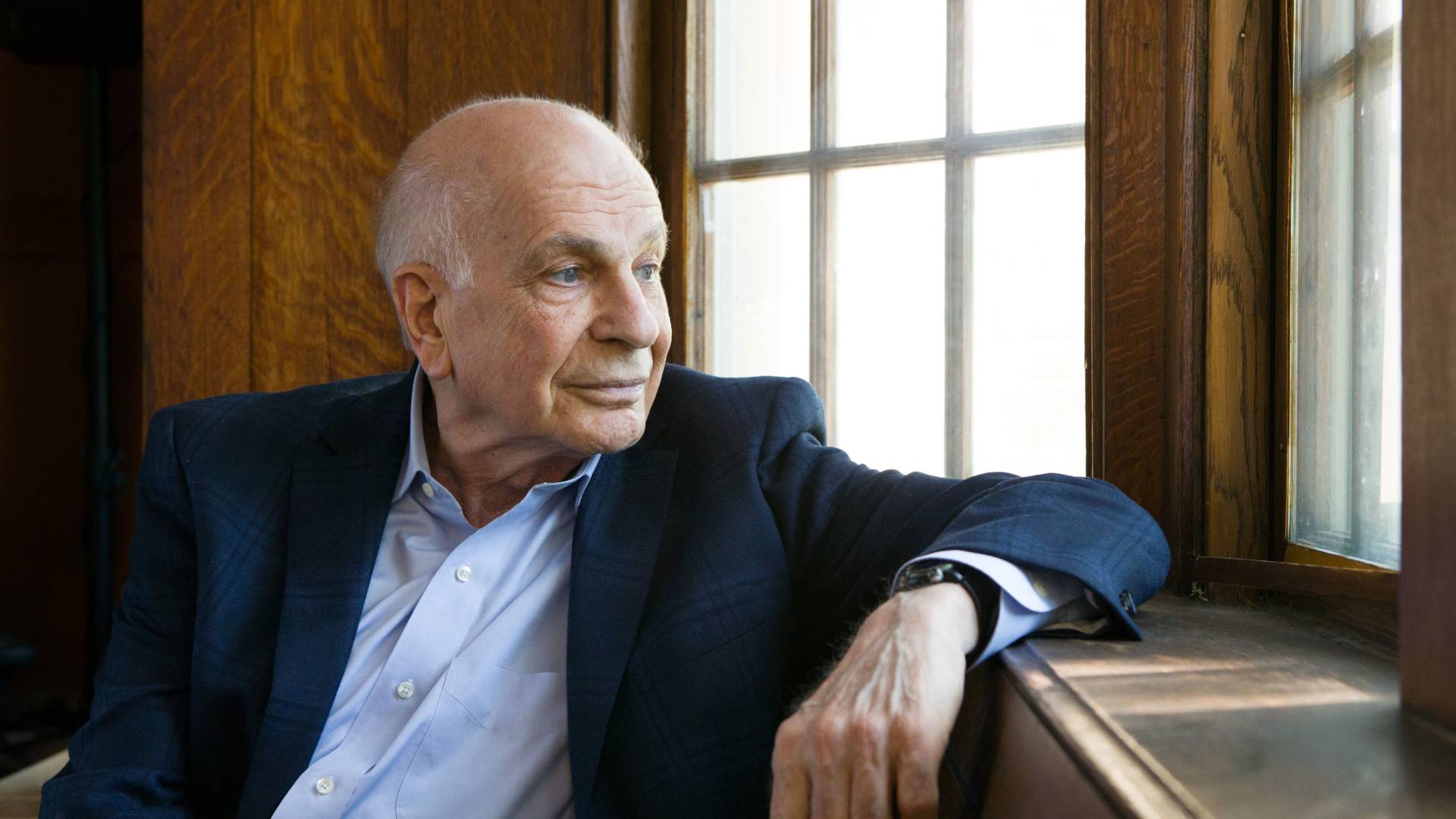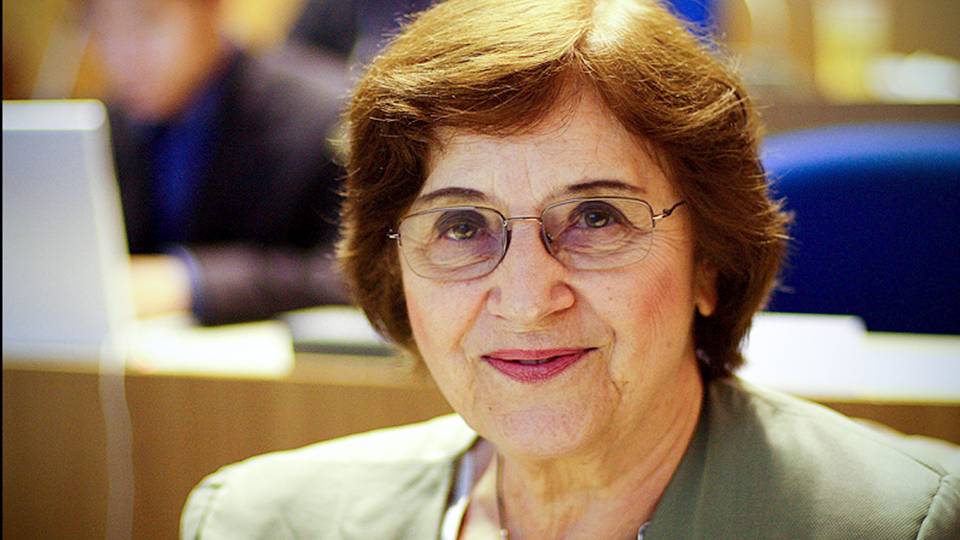Daniel Kahneman
Daniel Kahneman, the Eugene Higgins Professor of Psychology, Emeritus, professor of psychology and public affairs, emeritus, and a Nobel laureate in economics whose groundbreaking behavioral science research changed our understanding of how people think and make decisions, died on March 27. He was 90.
Kahneman joined the Princeton University faculty in 1993, following appointments at Hebrew University, the University of British Columbia and the University of California–Berkeley, and transferred to emeritus status in 2007.
"Danny Kahneman changed how we understand rationality and its limits," said Princeton President Christopher L. Eisgruber. "His scholarship pushed the frontiers of knowledge, inspired generations of students, and influenced leaders and thinkers throughout the world. We are fortunate that he made Princeton his home for so much of his career, and we will miss him greatly."
In collaboration with his colleague and friend of nearly 30 years, the late Amos Tversky of Stanford University, Kahneman applied cognitive psychology to economic analysis, laying the foundation for a new field of research — behavioral economics — and earning Kahneman the Nobel Prize in Economics in 2002. Kahneman and Tversky's insights on human judgment have influenced a wide range of disciplines, including economics, finance, medicine, law, politics and policy.
The Nobel citation commended Kahneman "for having integrated insights from psychological research into economic science, especially concerning human judgment and decision-making under uncertainty."
“His work has inspired a new generation of researchers in economics and finance to enrich economic theory using insights from cognitive psychology into intrinsic human motivation," the citation said. Kahneman shared the Nobel, formally the Sveriges Riksbank Prize in Economic Sciences in Memory of Alfred Nobel, with American economist Vernon L. Smith.
"Danny was a giant in the field, a Princeton star, a brilliant man, and a great colleague and friend,” said Eldar Shafir, the Class of 1987 Professor in Behavioral Science and Public Policy and the inaugural director of Princeton's Kahneman-Treisman Center for Behavioral Science & Public Policy. “Many areas in the social sciences simply have not been the same since he arrived on the scene. He will be greatly missed.”
"Professor Kahneman’s fascination with human behavior was not relegated to the theoretical. He was convinced that much good could be done in the policy and practice spheres when his insights on human judgment and decision-making were applied to important real-world issues," said Amaney Jamal, dean of the Princeton School of Public and International Affairs. "Our students today are still benefiting from a course in psychology for policy that he helped design — it is a testament to his continued impact. He was a trailblazer, a genius and a wonderful colleague. We owe him lasting gratitude.”

"Daniel Kahneman was one of the most influential psychologists of the modern era," said Kenneth Norman, the Huo Professor in Computational and Theoretical Neuroscience, professor of psychology and neuroscience, and chair of the Department of Psychology. "He transformed our understanding of thinking and decision-making, and forged entirely new connections between psychology, economics and other social sciences. We were very fortunate to have him as a colleague here at Princeton, and we will miss him very much."
Deborah Prentice, former University provost and the Alexander Stewart 1886 Professor of Psychology and Public Affairs, now the Vice-Chancellor of the University of Cambridge, said she'd studied Kahneman's work as an undergraduate and graduate student, and they'd been colleagues since he joined the Princeton faculty.
"Danny made me glad to be a psychologist," Prentice said. "In his hands, the research was penetrating, the insights thought-provoking, and the implications profound. I will always feel fortunate to have spent my career as an academic psychologist in Danny’s orbit."
In his best-selling 2011 book “Thinking, Fast and Slow” (Farrar, Straus and Giroux), Kahneman examined the duality of how people think. He described a fast-thinking approach that is intuitive and emotional and a slower-thinking approach that is more deliberate and logical. He looked deeply into how people make choices in their lives, illuminating the role of intuition and the benefits of slow thinking. In 2021, he co-authored, with Olivier Sibony and Cass R. Sunstein, the best-seller "Noise: A Flaw in Human Judgment" (Little, Brown Spark).
Kahneman received the Presidential Medal of Freedom from President Barack Obama in 2013. The White House citation described Kahneman as "a pioneering scholar of psychology. “
In 2015, a $10 million gift from an anonymous donor who admired Kahneman and his wife, Anne Treisman, Princeton’s James S. McDonnell Distinguished University Professor of Psychology, Emeritus, launched the Kahneman-Treisman Center for Behavioral Science and Public Policy at the School of Public and International Affairs. Treisman, a prominent psychologist whose honors included the National Medal of Science, died in 2018.
The Kahneman-Treisman Center brings together faculty from various Princeton departments to explore “the gaps between what individuals ‘should’ be expected to do and what people actually do,” as the center describes its scholarship.
Kahneman was born in 1934 in Tel Aviv, during a trip his mother was taking to visit relatives; his parents were living in France at the time. After escaping Nazi occupation in World War II, Kahneman and his family immigrated in early 1948 to British-controlled Palestine shortly before the formation of the modern state of Israel, where he later served in the Israel Defense Forces and trained as a psychologist.

He received a bachelor’s degree in psychology and mathematics from Hebrew University in Jerusalem in 1954 and a Ph.D. from the University of California-Berkeley in 1961. He had dual citizenship in the United States and Israel.
His many awards and honors include the Distinguished Lifetime Contribution Award from the American Psychological Association; the Distinguished Scientific Contribution Award, also from the American Psychological Association, and the Grawemeyer Award, both jointly with Amos Tversky; the Talcott Parsons Prize from the American Academy of Arts and Sciences; the Warren Medal from the Society of Experimental Psychologists; the Hilgard Award for Lifetime Contribution to General Psychology; and the Career Achievement Award from the Society for Medical Decision Making, among others.
Kahneman was an elected member of the American Academy of Arts and Sciences, the American Philosophical Society, the American Psychological Association, the American Psychological Society, the British Academy, the Econometric Society, the National Academy of Sciences and the Society of Experimental Psychologists, among others.
He held honorary degrees from several universities.
From 1993, the year he arrived at Princeton, Kahneman co-taught "Introduction to Psychology," better known as "Psych 101" and, in tandem with Shafir, developed the first psychology for policy course to be taught in the School of Public and International Affairs. An updated version of the course is still taught today. Many of his students have gone on to pursue prestigious careers in the field.
"Danny instilled in his students from very early on his focus on getting the science right before sharing it," said Nathan Novemsky, professor of marketing at the Yale School of Management and professor of psychology at Yale University, who earned his Ph.D. from Princeton in 2000, with Kahneman as his adviser.
Novemsky recalled a moment when he and a fellow graduate student Kahneman had been advising were preparing to present at a conference for the first time and were putting the finishing touches on their poster the day before they were to leave. Kahneman came in and started to question the whole idea. "His wife, Anne, convinced him to let us go. This experience demonstrated Danny’s passion for getting science right.”
Kahneman also had a notable “penchant for self-doubt" despite having achieved such success, Novemsky said. “The field he helped found would come to see, decades later, that a little more scientific self-doubt would indeed be very helpful for all of us."
In addition to doctoral candidates, Kahneman also mentored many postdoctoral researchers during his time at Princeton.
Talya Miron-Shatz, professor of business administration and founding director of the Center for Medical Decision Making at Ono Academic College in Kiryat Ono, Israel, was a postdoc from 2005-09 at the Center for Health and Wellbeing, working under Kahneman.
"He was always a skeptic, which made him open to criticism of his own work," she said. "I learned from him to always doubt my work, and make it as strong as possible. And to never forget to be kind. My post-doc interview consisted of me telling him that the peak-end rule he discovered — which means that we judge events based on the peak/low moment and the end — only applies to unique events where the end is significant. Unlike, for example, days. He hired me on the spot."
He is survived by his two children, Lenore Shoham and Michael Kahneman; four stepchildren, Jessica, Daniel, Stephen and Deborah Treisman; seven grandchildren; and his partner, Barbara Tversky.
An on-campus celebration of Kahneman's life and work is being planned.
View or share comments on a memorial page intended to honor Kahneman’s life and legacy.
Daniel Day contributed to the writing and reporting of this obituary.


